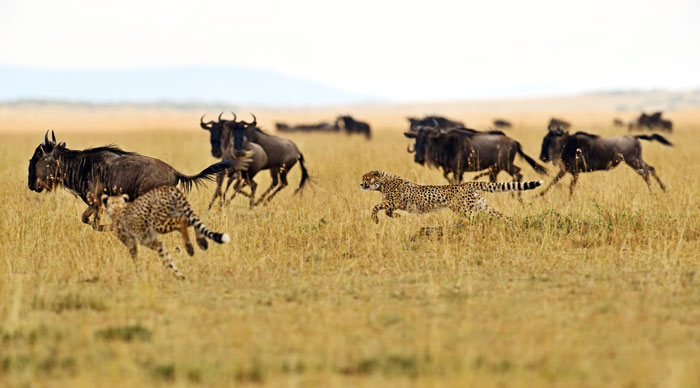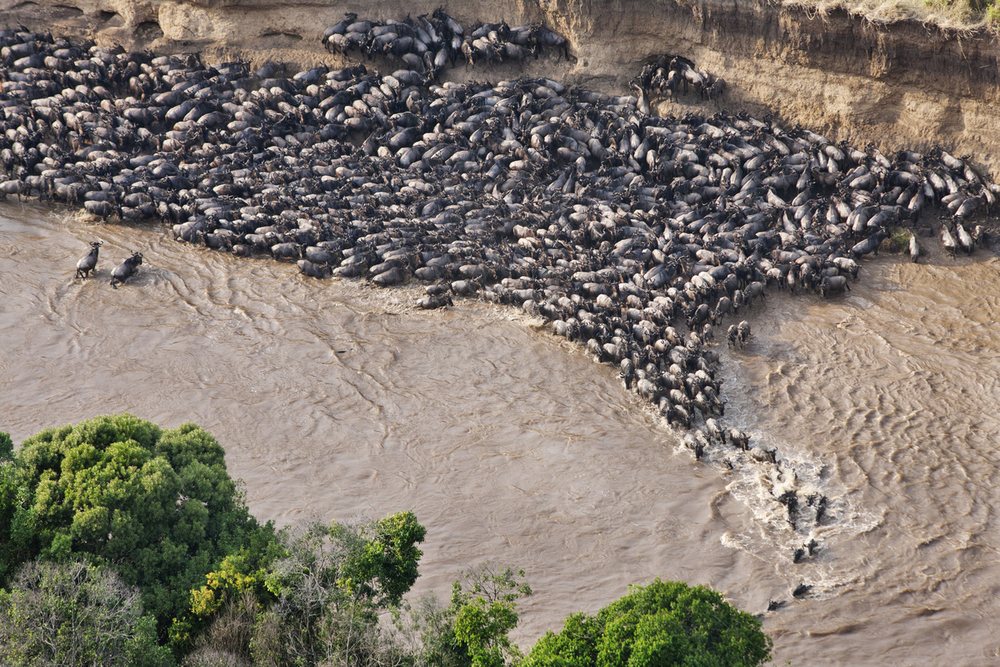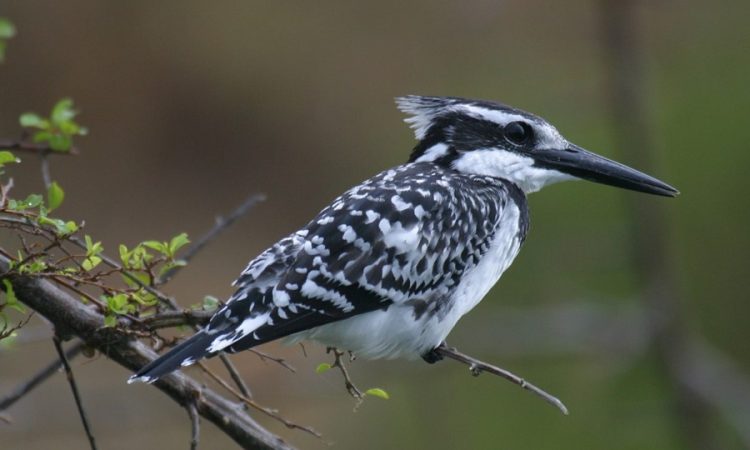Best time to go to Masai Mara National Reserve is one of the aspects that travelers look into as they plan their Masai Mara National Reserve safari throughout the year. Choosing when to go to Masai Mara National Reserve Kenya is something that should be decided carefully, considering a number of factors, depending on what one is looking to experience in the Masai Mara National Reserve. While for general game viewing the best time to go to Masai Mara National Reserve is in the dry season, the wet season is a great time to go to Masai Mara National Reserve for bird watching. Masai Mara National Reserve animals are resident animals, and given that the reserve is a year-round safari destination, travelers can visit Masai Mara National Reserve all throughout the year, and still be rewarded with amazing game viewing safari experiences.

Many travelers are after witnessing the great wildebeest migration in Masai Mara National Reserve. The best time to go to Masai Mara National Reserve for the wildebeest migration is from the month of August to November. This is the best time to witness the iconic and much sought after Mara River crossing, much as the exact timings may vary according to weather and climate patterns every single year. The November short rains trigger the last leg of the great migration, as they move back to the Serengeti for the calving season in the south.
Weather, and climate generally, are a great determining factor to when you should visit Masai Mara National Reserve, for the particular kind of experiences you wish to enjoy while on Masai Mara National Reserve Kenya safaris. Masai Mara National Reserve, just like the rest of Kenya, receives two season every year. Masai Mara National Reserve Kenya receives both the rainy season and the dry season.

The Dry Season in Masai Mara National Reserve
The dry season in Masai Mara National Reserve is received in the months of June through September, and December through February. The dry season is the best time to go to Masai Mara National Reserve for wild game viewing. The dry season has the Masai Mara National Reserve animals congregating in the few waterholes available, and having tourists most of them almost at the same time. Given it is a dry season, the grass too is thinner and thereby eases animal view.
The dry season in Masai Mara National Reserve coincides with the peak season of travel in Kenya. Travelers should therefore expect to have crowds during their visit on the Masai Mara National Reserve safaris.
The Wet Season in Masai Mara National Reserve
The wet season in Masai Mara National Reserve falls in the months of March through May, and in November. The short rains fall in the month of November to early December, while the long rains in Masai Mara National Reserve fall in the months of March through May. The long rains fall more often, and longer than the shorter rains. Traveling during the wet season in Masai Mara National Reserve has the dirt road turning slippery, sticky and muddy. Use of strong bodied 4×4 wheel drive vehicles is highly recommended.
The short rains are experienced in the month of November. During this time clouds build up in the morning and break in generally short lived rains in the late afternoons. This leaves travelers with enough time to enjoy the safari, and retreat when the rains start.
During the wet season, which is also referred to as the Green Season, wild game can still be seen here. Migrant birds in Masai Mara National Reserve can be seen in plenty during the wet season. A safari in Masai Mara National Reserve in the wet season is still great, with peak season crowds absent and travelers have an advantages of lower or discounted rates.

While planning out your Masai Mara National Reserve safari, knowing what you are most after to experience on your Masai Mara National Reserve safari is important. If you are after experiencing the great wildebeest migration, the best time to go on a Masai Mara National Reserve safari is during the dry season, in the months of July to November. For birding safaris in Masai Mara National Reserve, the wet season is the best time to visit. For all around game viewing, the Masai Mara National Reserve can be visited all throughout the year.
Looking to enjoy a Masai Mara National Reserve safari? Get in touch with a reputable tour operator to help you create a memorable Masai Mara National Reserve Kenya safari.


